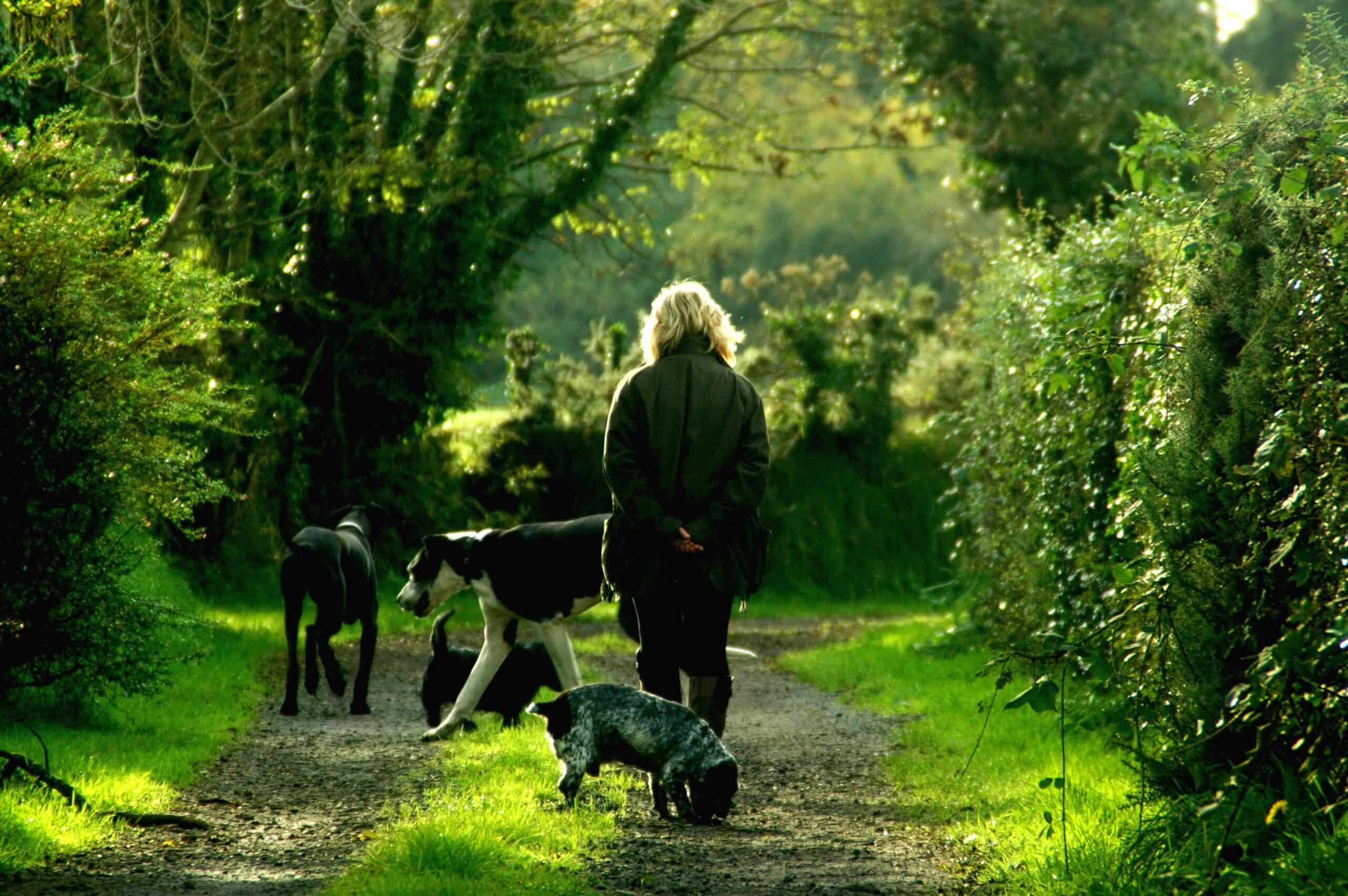This guide includes both common and rare breeds, offering insights into their health challenges and unique characteristics.
By understanding these factors, dog enthusiasts can make informed decisions about pet care and breed selection, ensuring a fulfilling and healthy life for their canine companions.
1. Dogue de Bordeaux

The Dogue de Bordeaux, also known as the French Mastiff, typically lives between 5 to 8 years.
This breed’s short lifespan can be attributed to a variety of health issues, including heart problems and hip dysplasia.
Their large size is a factor in their longevity, as bigger dogs often face more health challenges.
Despite their brief lifespan, they are known for their affectionate and loyal nature, making them beloved pets for many.
2. Bernese Mountain Dog
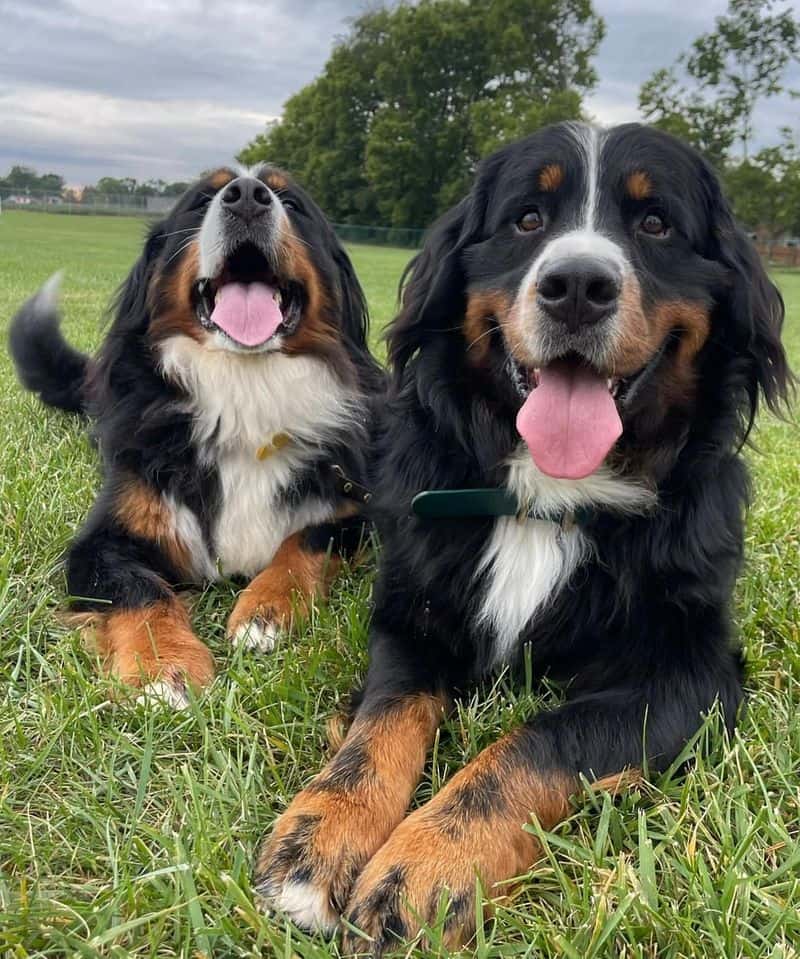
Bernese Mountain Dogs are cherished for their friendly demeanor, but their lifespan is sadly short, averaging 6 to 8 years.
They are prone to cancer, which is a leading cause of death in this breed. Their large size and rapid growth can also lead to joint and mobility issues.
Owners often emphasize regular veterinary check-ups to monitor their health, providing them with the best quality of life possible.
3. Irish Wolfhound
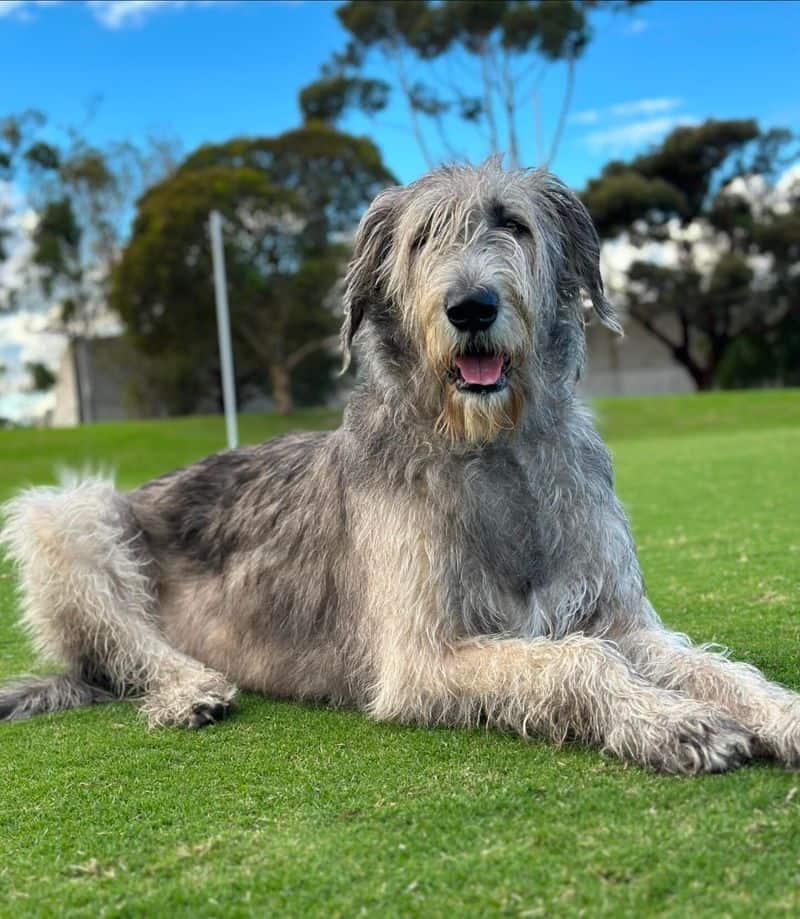
Irish Wolfhounds enjoy a lifespan of about 6 to 8 years, with genetic predispositions to heart disease and bone cancer affecting their longevity.
Their impressive stature and gentle temperament endear them to many, but potential owners should be aware of their health needs.
Proper diet and exercise, along with regular veterinary care, can help extend their years, ensuring they remain healthy and active companions for as long as possible.
4. Great Dane
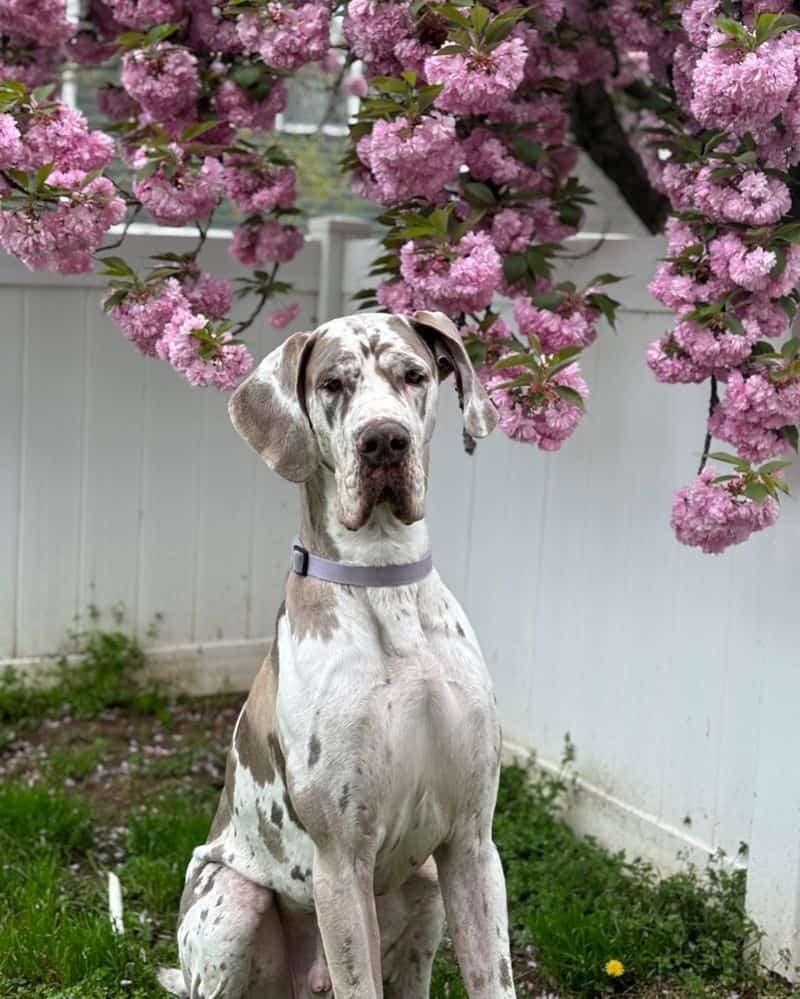
Great Danes, known as gentle giants, usually live between 7 to 10 years. Their size contributes to many health challenges, including heart and joint issues.
Regular health screenings and a balanced diet are essential to maintain their well-being.
Despite their brief existence, Great Danes are deeply affectionate and protective, often forming strong bonds with their families. Their loyalty and gentle nature leave a lasting impact on their owners.
5. Saint Bernard
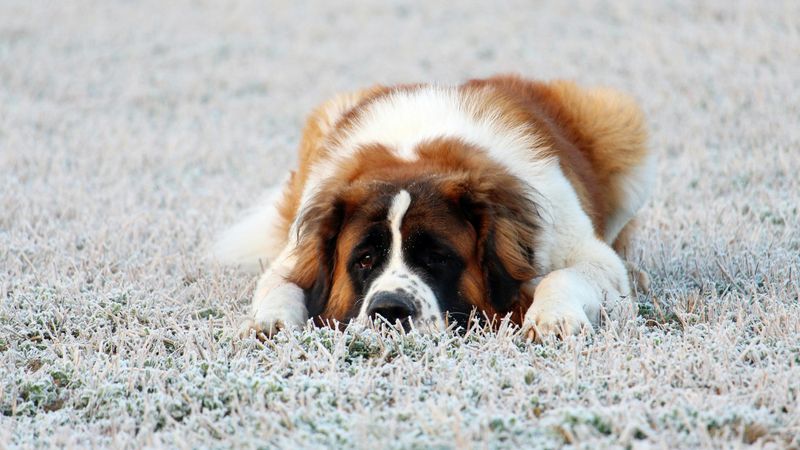
Saint Bernards, famous for their rescue work, have a lifespan of about 8 to 10 years. They are susceptible to genetic disorders like hip dysplasia and heart disease.
Their large frames require careful management to prevent obesity and related health issues.
Despite these challenges, their friendly and gentle nature makes them excellent companions. Offering them regular exercise and a nutritious diet can help manage their health concerns.
6. Newfoundland

Newfoundlands typically live 8 to 10 years, with common health issues including heart disease and hip dysplasia.
Their large size can exacerbate these conditions, making regular vet visits crucial. Despite their health challenges, they are known for their sweet temperament and strong swimming abilities.
Owners often emphasize maintaining a healthy weight and providing them with ample exercise to ensure they enjoy a fulfilling and active life.
7. Neapolitan Mastiff
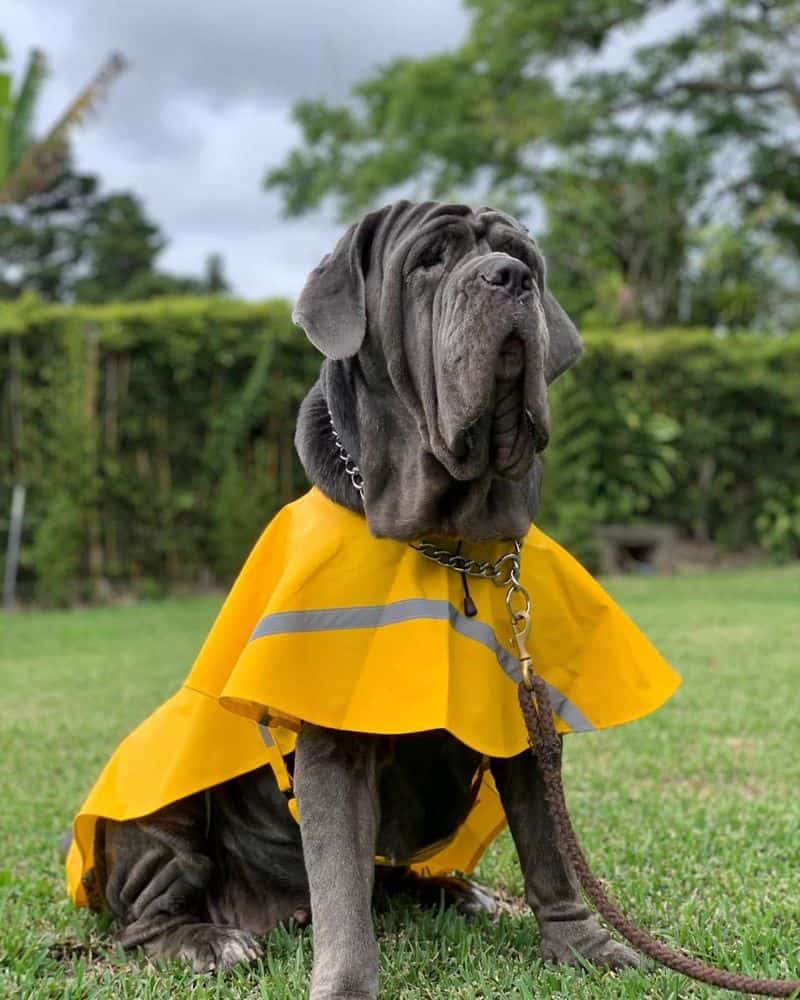
Neapolitan Mastiffs generally live 7 to 9 years, with health concerns like heart disease and hip dysplasia affecting their lifespan.
Their imposing size and unique appearance require attentive health management. Regular check-ups and a balanced diet are crucial to address their health needs.
Despite these challenges, they are known for their protective and loyal nature, forming strong bonds with their families. These gentle giants are often seen as devoted guardians.
8. Leonberger
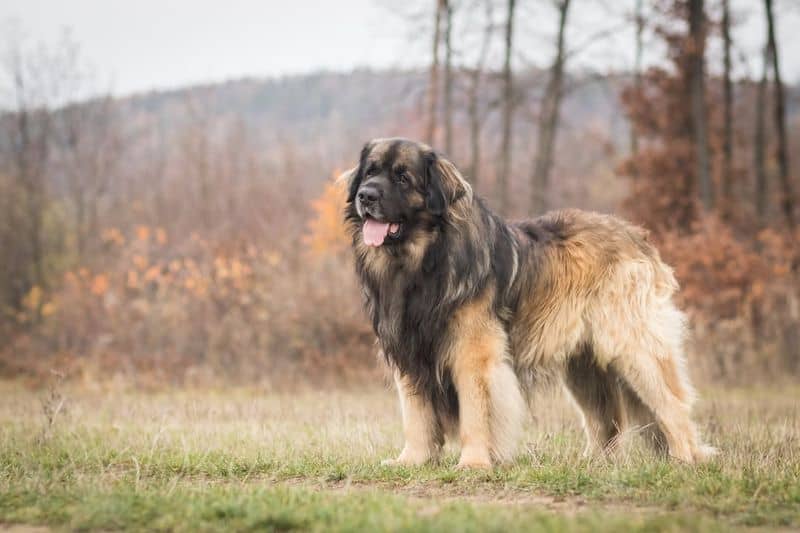
Leonbergers live around 8 to 9 years, with common health issues including hip dysplasia and heart conditions.
Owners often prioritize maintaining their physical health through regular exercise and vet visits.
Despite their health challenges, Leonbergers are known for their gentle temperament and playful nature, making them cherished members of families who appreciate their loving companionship.

